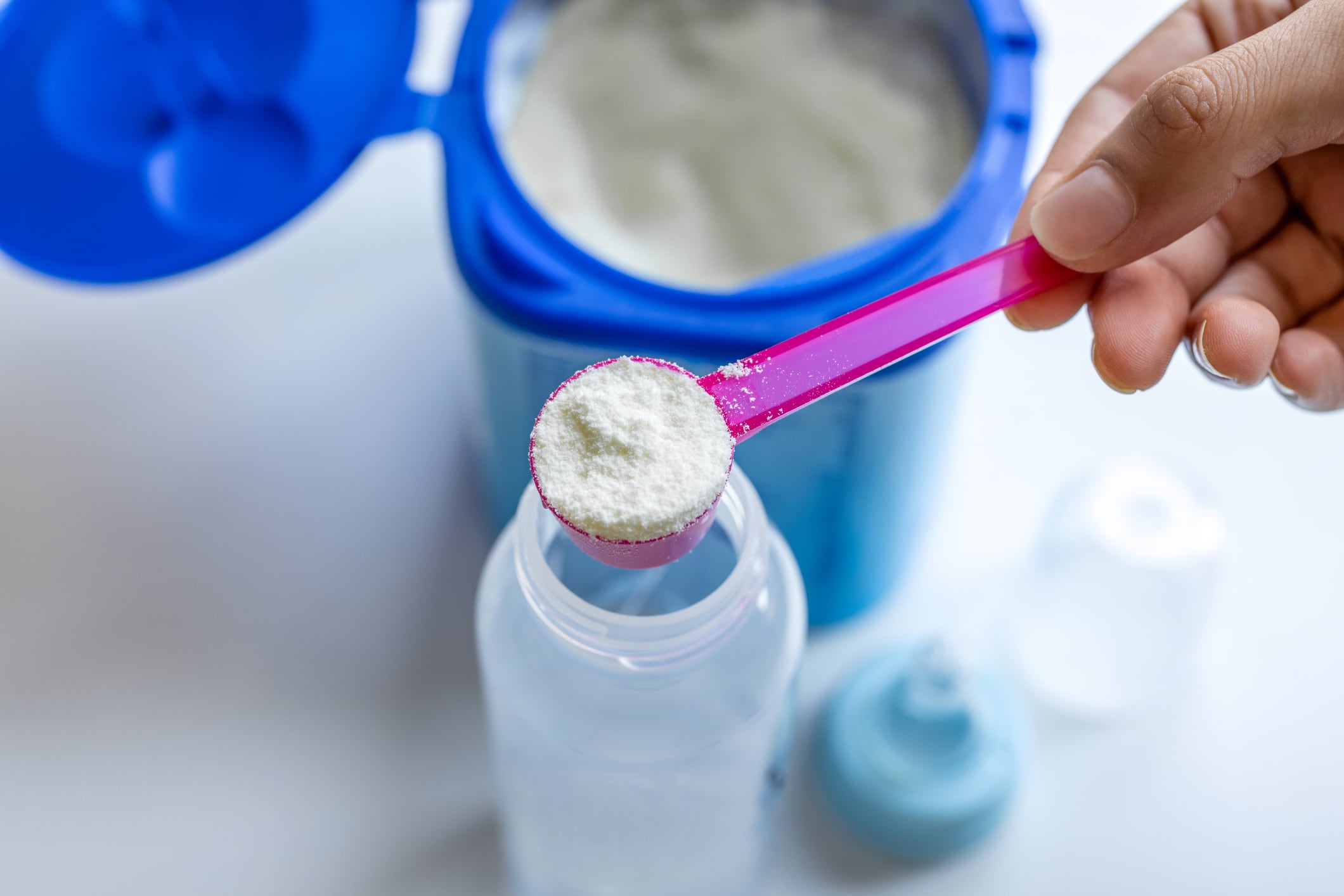
New batch of Nestlé baby formula recalled in global contamination saga
Another batch of Nestlé SMA baby formula has been recalled as part of the firm’s ongoing global contamination saga.

Another batch of Nestlé SMA baby formula has been recalled as part of the firm’s ongoing global contamination saga.

Supermarket chain Tesco has recalled its own brand Special Fried Rice over undeclared allergy concerns.

Concerns over a potentially deadly toxin contamination in a batch of Nestlé baby formula have grown this week, with the existing urgent recall also impacting Danone and Lactalis.

A Cambridgeshire logistics business has been fined £133,000 after an employee suffered multiple injuries after falling from a sugar beet conveyor.

An investigation has been launched after a man died at a poultry site in West Yorkshire.

Bestway has been fined £1 million after a worker was killed by a reversing HGV while conducting a delivery in Manchester.

A food wholesaler has been fined £66,000 after an employee had to have their leg amputated following an incident at work.

Tonic Health has raised £2.8 million to scale its wellness brand - built not just on its supplements but viral content.
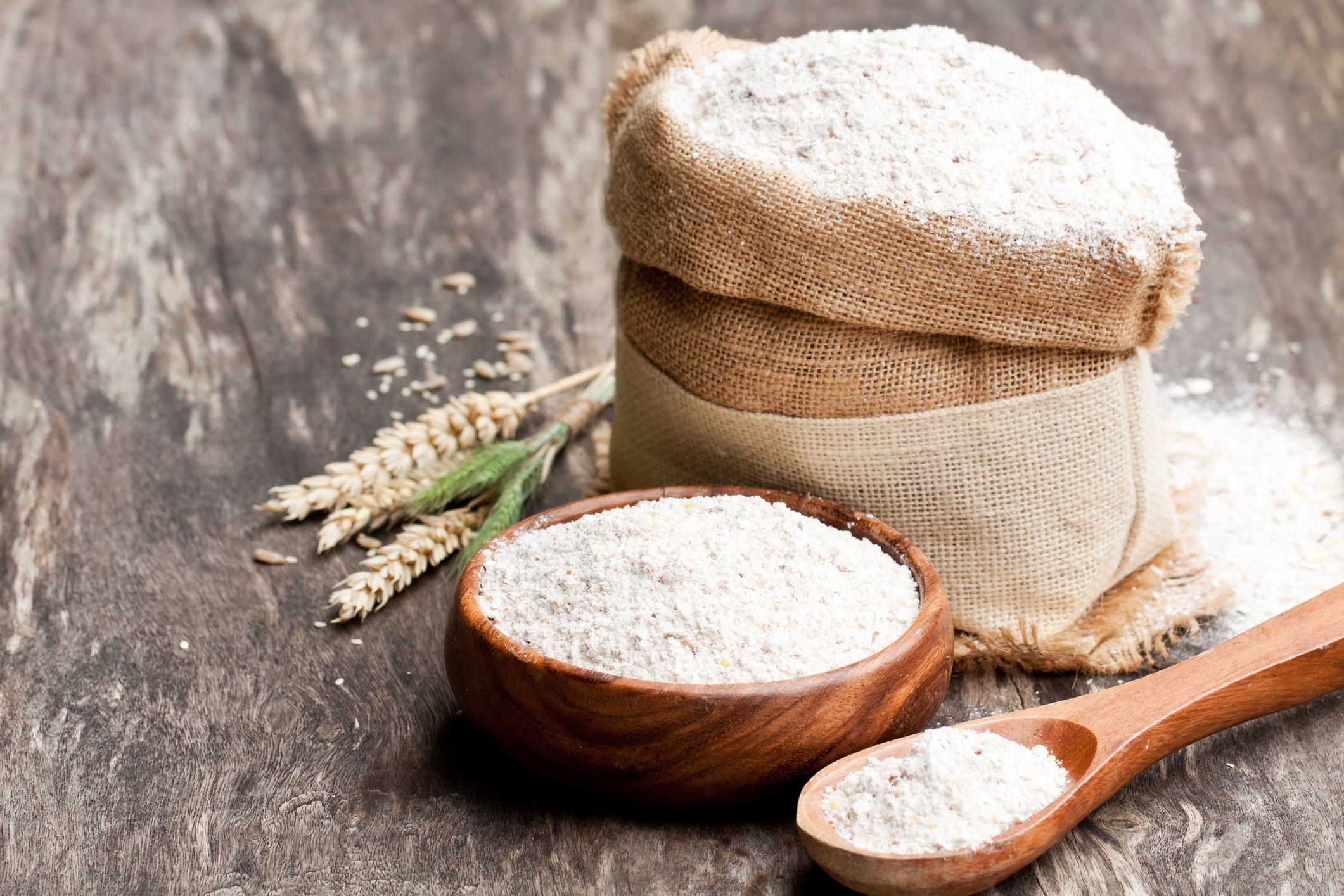
UK flour manufacturer ADM Milling has been fined £300,000 after a maintenance worker severed one of his fingers in its machinery.

A building firm has been fined £100,000 after a worker sustained life changing injuries while working on a sheep barn extension.
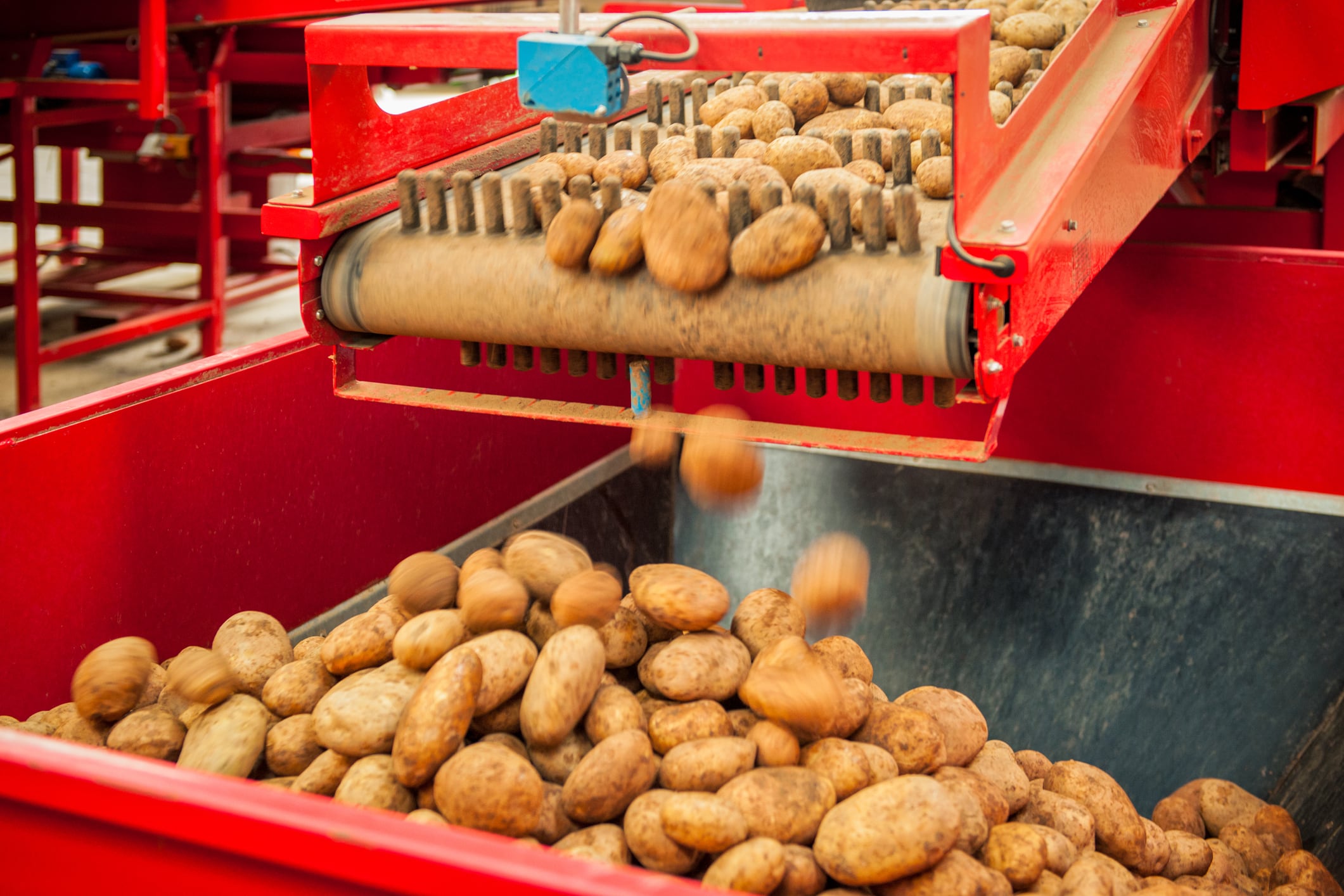
A farm has been fined £20,000 after an employee suffered serious injuries when his leg was trapped in a potato harvester machine.

A food packaging manufacturer has been fined £20,000 after a worker lost part of his finger while working at its site.

A farmer has been fined after a young worker on his farm was killed in a quad bike crash.

Factory fires are a major cause of disruption in the food and drink supply chain, but what are the root causes and how can manufacturers better prevent them?

A Sussex bakery firm has been fined £12,000 for failing to prevent access to dangerous parts of machinery.

Two people have been taken to hospital after a fire at a Nestlé factory in Cumbria.

East Yorkshire-based animal feed manufacturer AB Agri Ltd has been fined more than £500k after an employee’s arm was severed when it became entangled in a conveyor.
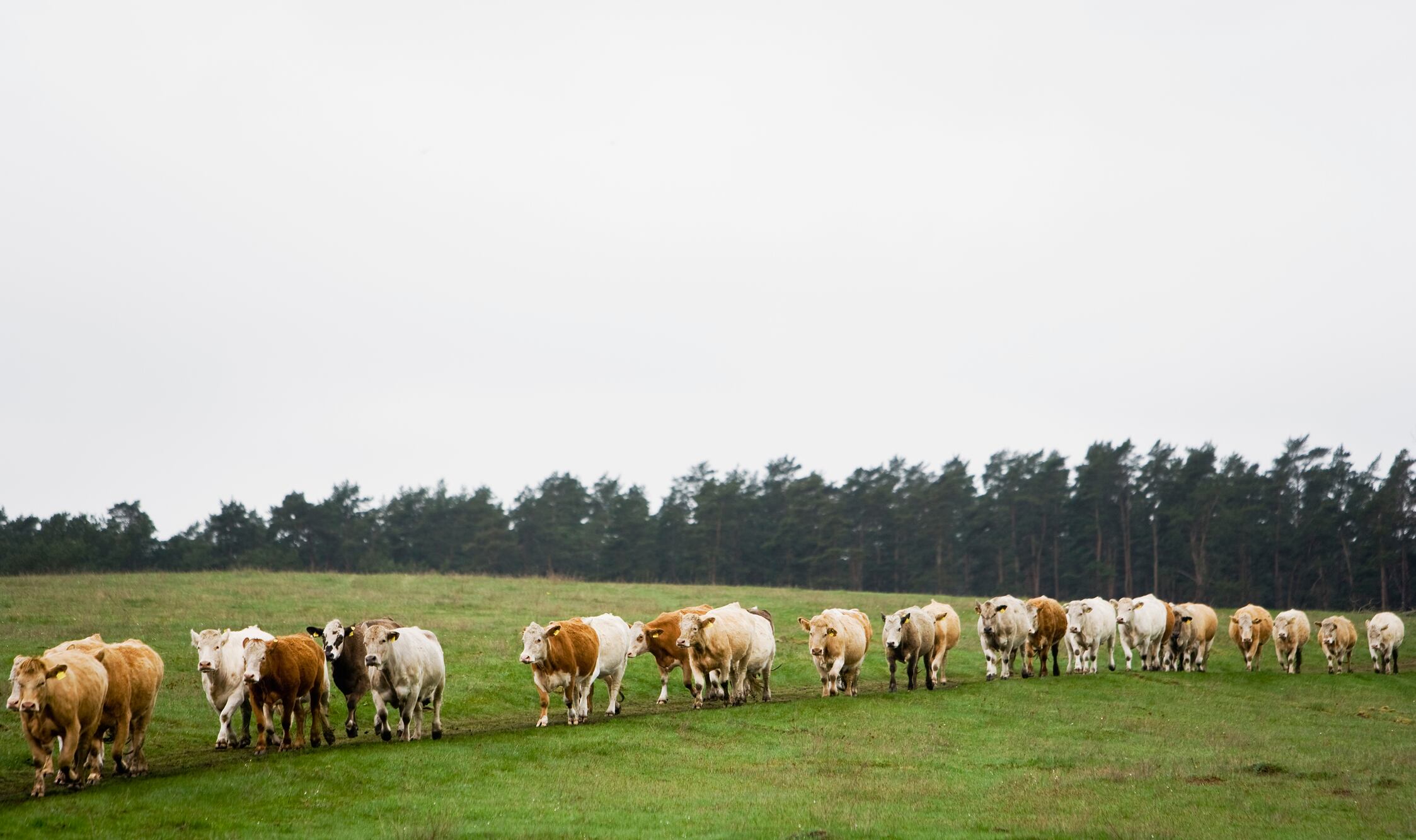
Two farmers have been fined after a pedestrian was killed by a herd of cows while crossing their field.

A farmer has been jailed after accidentally running over and killing his three-year-old son with a farm vehicle.

A farm business has been fined more than £130k following an incident that left a 37-year-old man seriously injured.

David Wood Baking has been hit with a fine worth more than half a million pounds after three employees suffered injuries in separate incidents dating back to 2022.
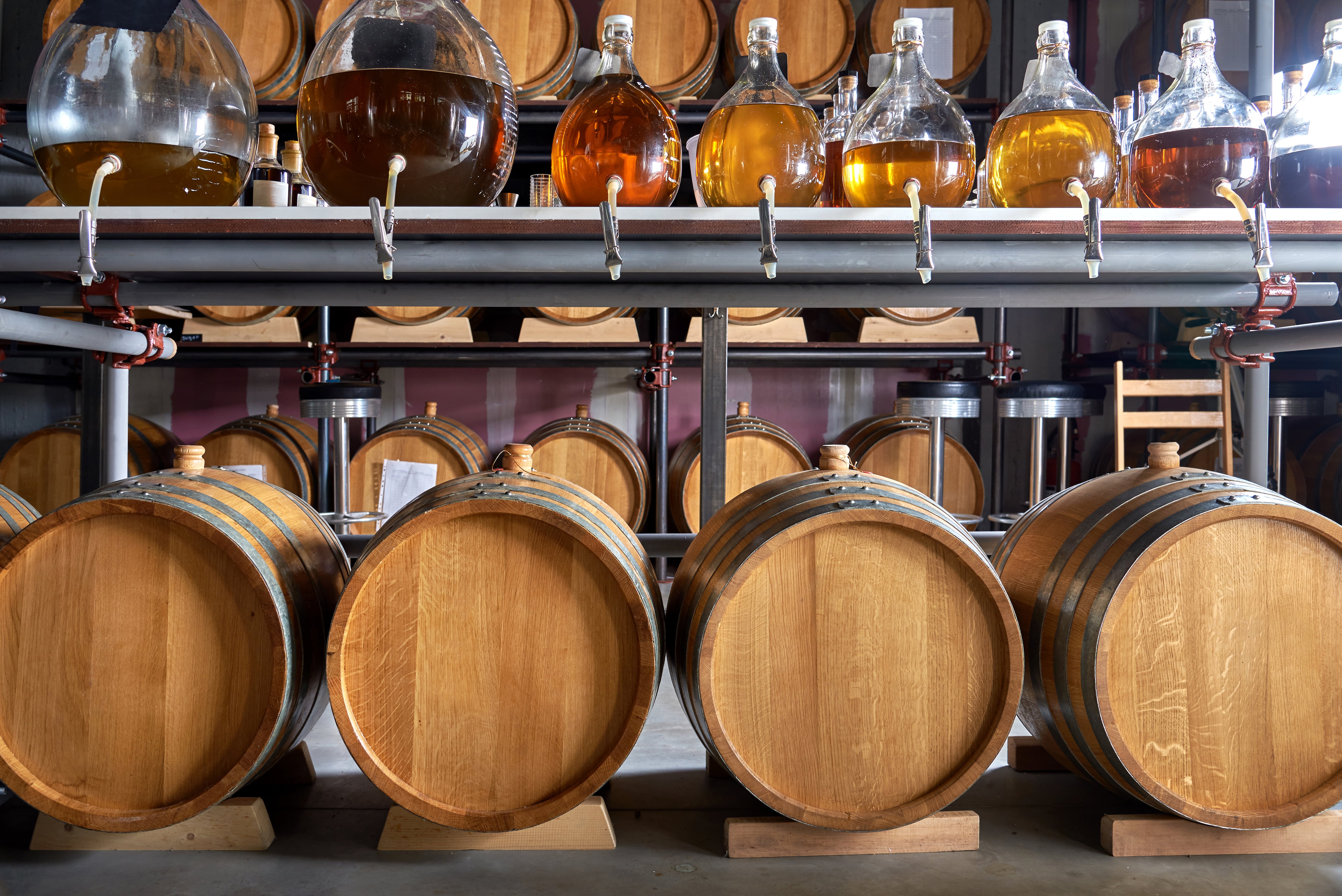
Drinks manufacturer Diageo has been fined more than half a million pounds after an employee suffered severe burns at one of its distilleries in Scotland.

Partner at law firm Weightmans, Elliott Kenton, answers questions submitted by our audience about health and safety within the food factory.

A company that manufactures plastic packaging for the food industry has been fined £330,000 following the death of an employee.

A company that produces electricity from food waste using anaerobic digestion has been fined more than £300,000 after an explosion caused two workers to suffer life changing injuries.

News
Samworth Brothers has been fined £1.28m after an employee was killed in the loading bay of a facility operated by the food manufacturer.

News
A farmer has been cleared of manslaughter but fined after a worker was killed on his farm in Cheshire while attempting to repair the roof of a packing shed.

News
Confectionery manufacturer Oriental Delight (UK) Ltd has been fined £150k after repeatedly failing to prevent access to dangerous parts of machinery.

Short read
A panel of experts discuss how food and drink manufacturers can ensure that their health and safety practices are fit for purpose.

News
Birmingham Food Council has developed a game for food sector professionals, planners and policymakers to improve their understanding of how system shocks could impact the UK’s food security.

News
A growing trend of health-conscious consumers in the wake of the COVID-19 pandemic has sparked calls for manufacturers to focus on functional foods.

News
The British spirits industry has exploded since the COVID-19 pandemic, with more than 300 distilleries now registered in the UK.

News
A new study has found that a natural compound found in foods such as kiwis, parsley and green peppers, possesses antiviral effects which researchers claim could destroy coronaviruses and help prevent the spread of infections.

News
A BSI report surveying global supply chain risks between 2021 and 2022 has identified food and fuel as top commodities involved in supply chain thefts, alongside an influx of sophisticated cyberattacks.
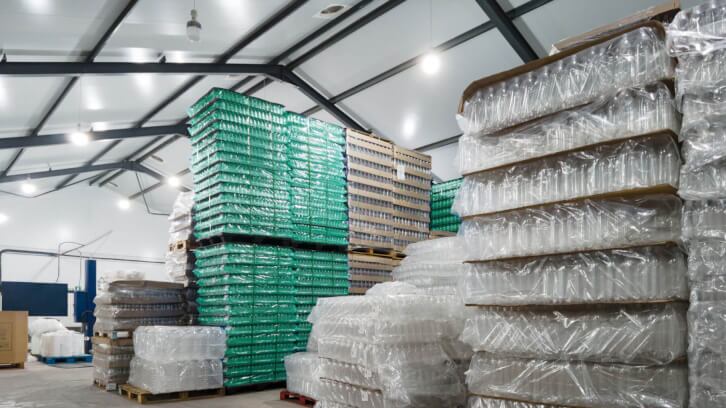
Opinion
John Brown, VP marketing & business development at Selig, discusses the changing landscape of packaging operations after Covid.

News
On 19 October, Food Manufacture will see three experts looking at the trends of today and tomorrow, as they report on the state of Britain's food and drink industry and its future outlook.

News
The Scottish biscuit and cake company has witnessed an uplift post-pandemic, as 2022 saw its annual turnover rise from £142.4m to £164.6m but profits didn't quite recover.

Long read
Marsh, a leading insurance broker and risk advisor, recently highlighted several big threats producers should be aware of in 2023. Here we summarise the findings and how one might mitigate against them.

News
Current economic volatility has been having a big impact on consumer purchasing habits, driving the popularity of frozen foods, says leading UK poultry supplier Seara.

News
Food insecurity has increased from 16% to 25% across England, Wales and Northern Ireland in the last three years.

Data dashboard
An analysis of the world’s most imported and exported food groups identified the US as the world’s food trading leader during the first year of the pandemic, with the UK ranking eighth.

Long read
With news of administrations, proposed closures and complete shutdowns haunting the headlines, Food Manufacture takes a deep dive into the drivers, whether this is a trend set to last and what businesses can do to turn things around.
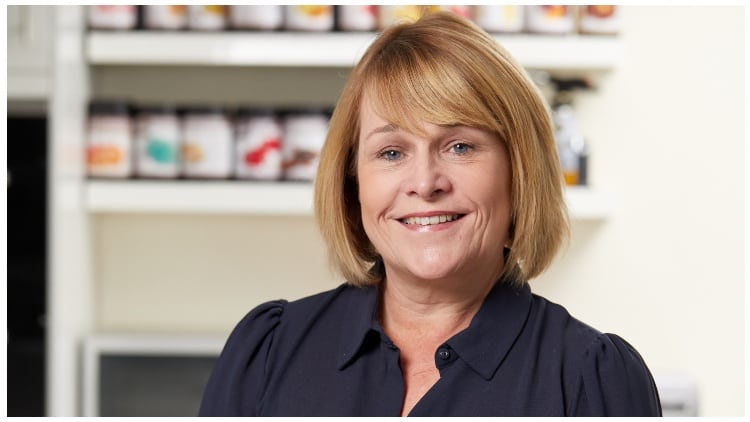
Me & My Team
Tracey Hughes, managing director of the sweet treat sourcing and suppling specialist, Henley Bridge, discusses how she has been leading a team through these tough times we’ve all felt.

News
International procurement and supply chain management consultancy INVERTO believes retailers need to move away from transactional relationships with suppliers to help bring food inflation down.

Short read
Volatility in the food and drink market is easing, but long-term uncertainty will continue to plague producers holding back innovation and productivity, according to the Food and Drink Federation’s (FDF) latest State of Industry report for Q1 2023.

News
Food and drink merger and acquisition (M&A) activity is on the rise, but the value of deals has dropped in the face of persistent macroeconomic headwinds and the absence of larger players in the market.

Opinion
Food supply is so interconnected globally, and its distribution so inherently fragile, that the UK is only a disaster away from a food supply shortage, an expert in global food security has cautioned.

News
Insolvencies in the food and drink manufacturing industry have seen a steady decline since September last year, but a record number of insolvencies could be on the horizon for the manufacturing sector, according to law firm Higgs.

Long read
Food Manufacture recently aired a webinar that explored how food manufacturers could reduce costs without negatively influencing food integrity. Here are the highlights from our expert guest speakers.
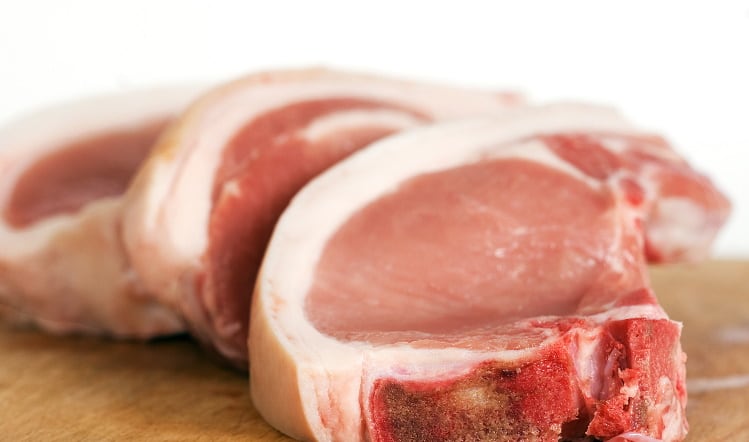
News
The head of the Environment, Food and Rural Affairs (EFRA) Committee has called on the Government to help exporters regain access to the Chinese pork market.